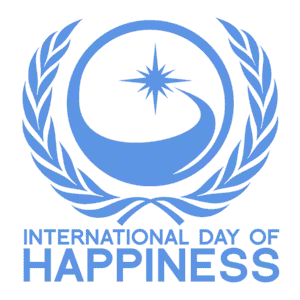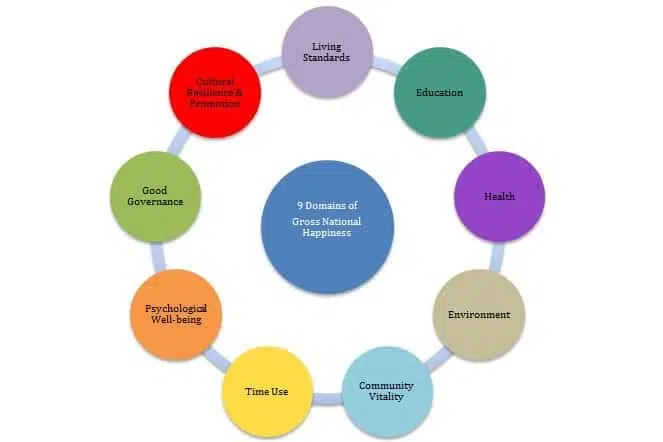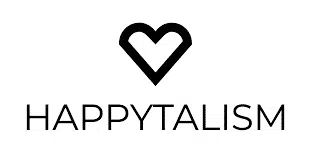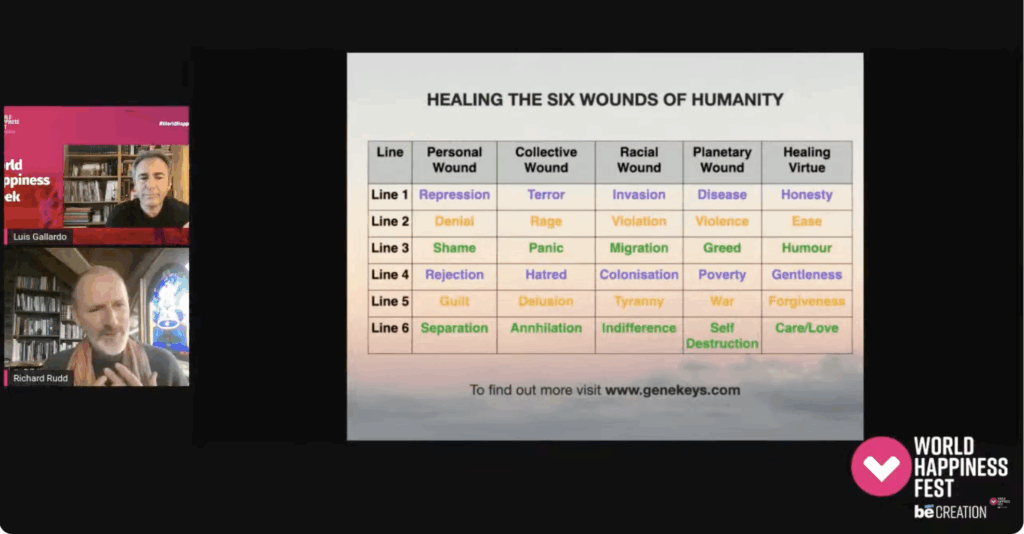
Introduction: The World Happiness Foundation’s 10 Billion Happy Vision by 2050
The World Happiness Foundation (WHF) has set a bold overarching vision: “10 Billion Happy by 2050,” meaning essentially the happiness of all humanity by mid-century. This vision is rooted in three core pillars defined in WHF’s 2026–2028 Strategic Plan: Fundamental Peace, Supra-Consciousness, and Happiness for All. In practice, Fundamental Peace refers to cultivating inner freedom, healing trauma, and fostering a state of being characterized by freedom, awareness, and joy – peace from the inside out. Supra-Consciousness means an elevation of collective awareness and compassion, a kind of global mindfulness where humanity awakens to our interdependence and higher values. Happiness for All envisions an inclusive world that makes well-being a universal human right – social systems and policies are oriented so that every person can thrive physically, mentally, emotionally, socially, and spiritually. These three aspirations reinforce one another: as individuals heal and find inner peace, collective consciousness rises; as society becomes more enlightened and compassionate, conditions improve for everyone’s happiness. The WHF’s vision is audacious yet “doable” – a call to help every person live free, conscious, harmonious, and









